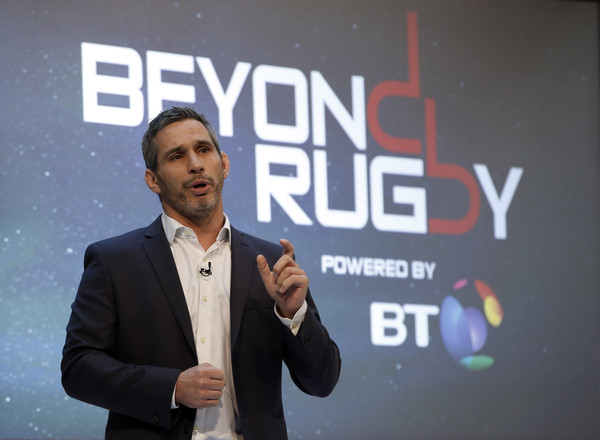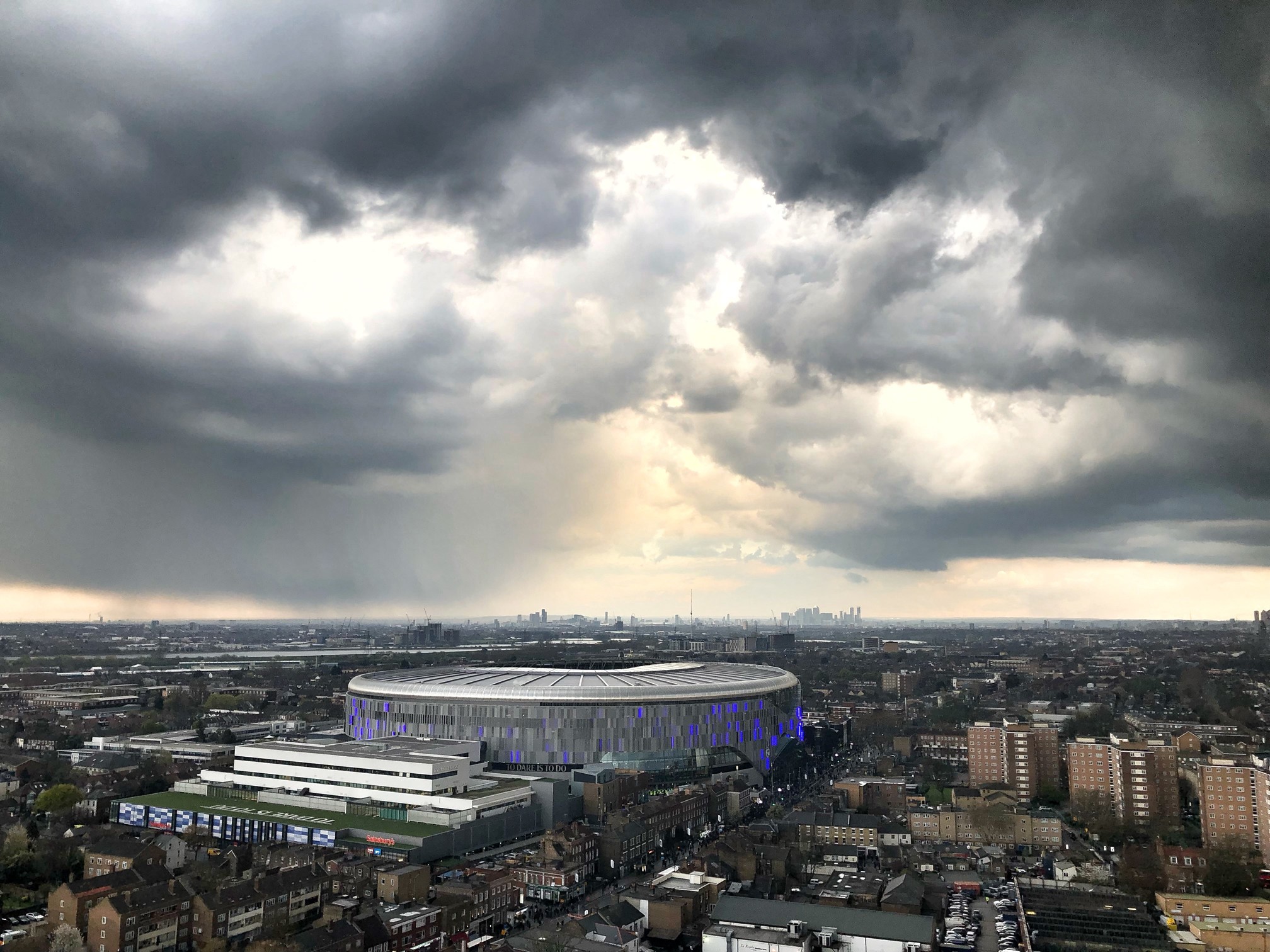
Nick Keller: Made by Sport
At the age of 10, I was described as “unteachable.” It’s not the kind of thing you forget, and clearly I never have. A particular low point was cheating off Dominic Manatuichi in a French exam. I came second last. He came bottom.
Apparently Manatuichi is not a French name.
For me, all the pain and anguish of the classroom was taken out on the rugby pitch. It was on the pitch that I found sanctuary. I developed a confidence and a clear sense of identity through the sport.
From rugby, I learned hard work, commitment, resilience, repetition and toughness.
At 16 I took my work ethic from the sports field back into the classroom. I would go home and write essays on my own – six on a weekend, trying to learn everything by heart. Every assignment would come back as a D minus. A Levels would be next, with my predicted grades of E, E and Unclassified.
Results day. I overhear a girl saying: “If I don’t beat Nick Keller, I’ll kill myself.”
I get my results: B, B, C. I call my parents. My mum repeats back “D, D, C” and cries with joy. “No, BBC – like the TV station!” Mum cries more.
I go to Durham, a top rugby school and get set for three years of rugby. I sing in the bar, train, hang with a band of brothers and play like nothing else matters. Nothing else did matter.
There are three years of playing at a good level, when I’m fortunate to be coached by the great Ted Wood and Dick Greenwood who renamed me the “Ferocious Ferret.” I end up playing with or against the likes of Will Greenwood, Kyran Braken, Tony Diprose and many others of the England 2003 generation.
And then, after three years, uni is over. For the lack of anything else to do, I go into property in the middle of 1990 property crash.
In 1995 Lomu, destroys England and Mandela hands the trophy to Francois Pienaar, the dream of a Rainbow nation comes to life in South Africa and the game goes professional. I quit my job and become a rugby agent and that is the start of my 27 years (and counting) career in our sport industry.
So, yes, I too was “Made by Sport.” And I fully endorse the powerful claim of the campaign launched last week by a coalition of UK grassroots sports charities.
But, there’s a but…
I look back now and I can see moments of anxiety and worry which, at the time, meant little. That was me: the classroom struggles, with the machismo of rugby propping me up. The better I did, the more vital it became that I succeeded at the sport.
I was always the first up to show mates how tough I was. (One head butting contest produced a particularly sickening moment.) Not surprising, then, that ignoring a neck injury for two years resulted in emergency disc surgery and a titanium implant.
The end of rugby was the start of a 12-year journey to untangle what had shaped me up to that point. Despite not being a professional athlete, it wasn’t clear what my post-rugby purpose would be. More worrying still, I’d been using sport to paper over some significant issues.
This is a challenge we should all bear in mind. There’s a risk we can become evangelical when we talk about “the power of sport.” There’s a risk that we get lost in platitudes – or especially that we overreach.
As the brilliant leader John Amaechi once said to me: “you can’t toss a ball to bunch of kids and hope the fat ones get thin.”
Sport is not a silver bullet. Sport can’t magically untangle every societal problem all on its own.
The complexity of the issues that we are currently facing is, at times, incomprehensible.
What is true, however, is that sport’s potential to be part of solutions has never been more relevant.
So, tomorrow, the UK sports ecosystem – including the sport industry – will gather for Beyond Sport UK, a ground-breaking event that will address sport’s role in tackling knife crime, employment, migrant cohesion, mental health, the fragmentation of our communities and many other key issues.

The purpose is to bring our sports community together to drive change, foster integration and to seek solutions.
Rugby was not just a sport for me; it was everything. I mean everything. And so, as much as I was “Made by Sport,” it almost went very wrong.
To ensure that we really deliver on sport’s promise, we need to draw on all expertise within communities; use the extensive network that sports bodies have; and delve into the unique issues that are affecting communities across our country.
As we head into an event made possible by a shift in funding policy from participation to impact, I think the best thing we can do is to recognise the opportunity that sport has, and ensure we reach out to the business world with arms open wide to bring them on our journey.